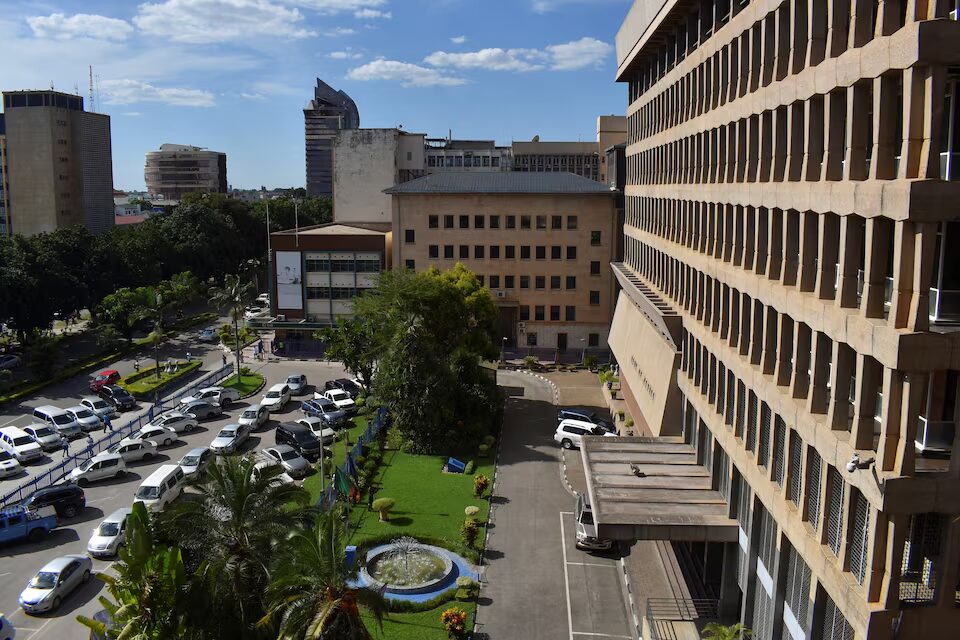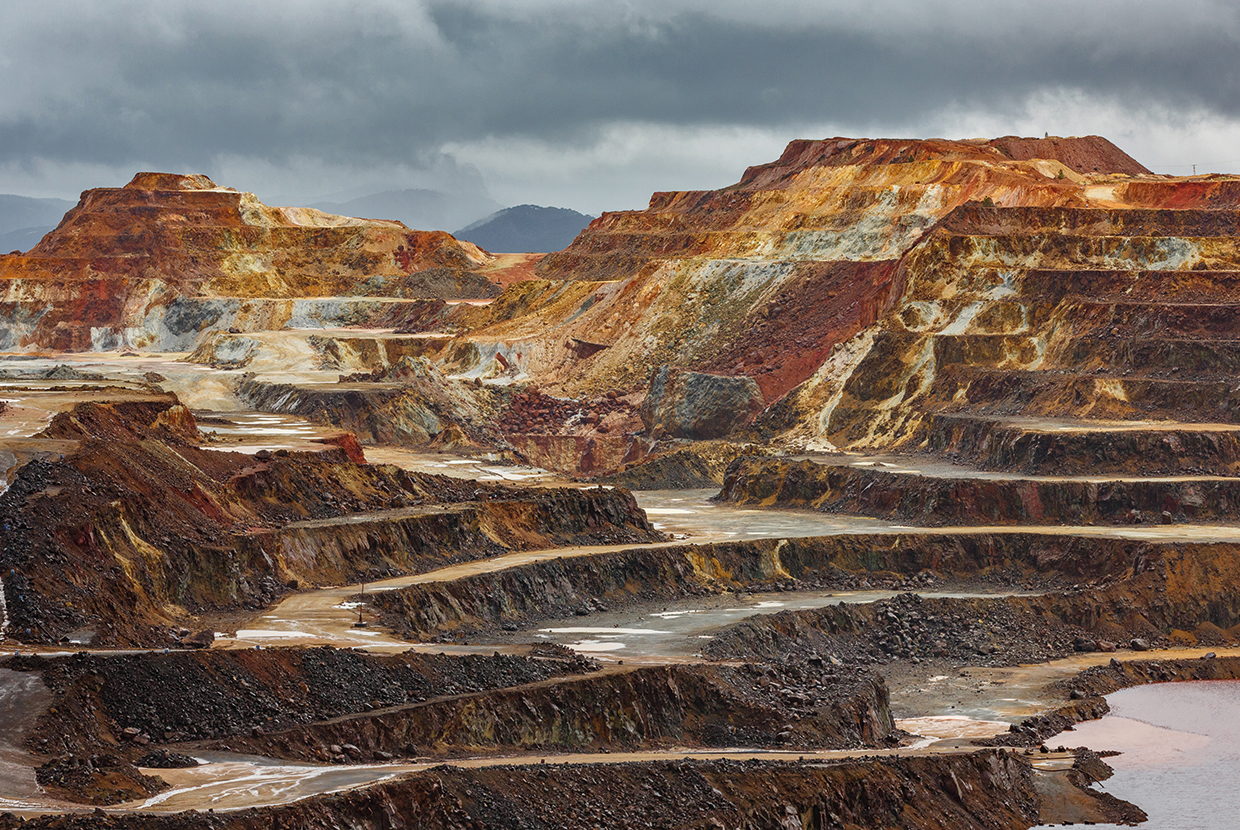
Thursday, 21st August 2025

By inAfrika Reporter
Africa holds key minerals for batteries and clean energy, but the ESG test is about how much value stays on the continent and how communities benefit. Start with cobalt: the Democratic Republic of the Congo (DRC) is the number-one source of mined cobalt, providing roughly three-quarters of global output in 2023–2024. That concentration is both an opportunity and a risk. The DRC has added transparency clauses in its mining code and is implementing EITI recommendations to reduce leakages and improve disclosure—steps that make investment and community oversight easier.
Market conditions are volatile. Cobalt has faced oversupply and price swings as Indonesian output rose and EV battery chemistries shifted, pressuring revenues and planning. This volatility makes governance and diversification even more important so countries can ride cycles without social harm.
Policy is tilting toward local processing. Zimbabwe banned raw lithium ore exports in 2022 and will ban lithium concentrate exports from 2027, pushing companies to build refining capacity for higher-value products like lithium sulphate. The country has seen over $1 billion of new investment since 2021, mainly from Chinese firms. The aim is jobs, skills and tax receipts at home—not just ore exports. Similar moves are spreading across Africa as governments try to climb the value chain.
New green-industry bets also matter. Namibia’s Hyphen project is advancing a large green-hydrogen-to-ammonia facility, with ongoing technical, environmental and skills-development work. If delivered, it would anchor a clean-industry hub with strong export links. But here, too, success depends on stable policy, clear social license, and transparent contracts.
Bottom line: value addition is rising. To make it just, governments should keep tightening transparency (EITI and beneficial ownership), enforce environmental and labor standards in both artisanal and industrial mining, and invest in power, water and logistics so refineries can run cleanly and competitively. Investors should expect higher ESG disclosure—and deliver it.


